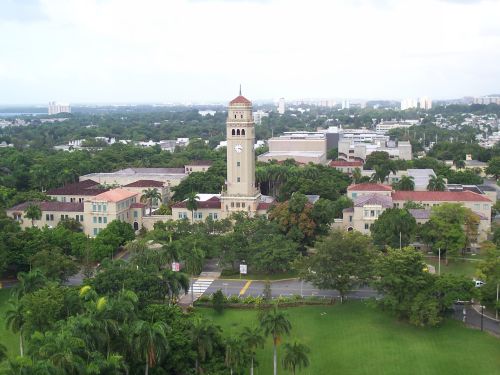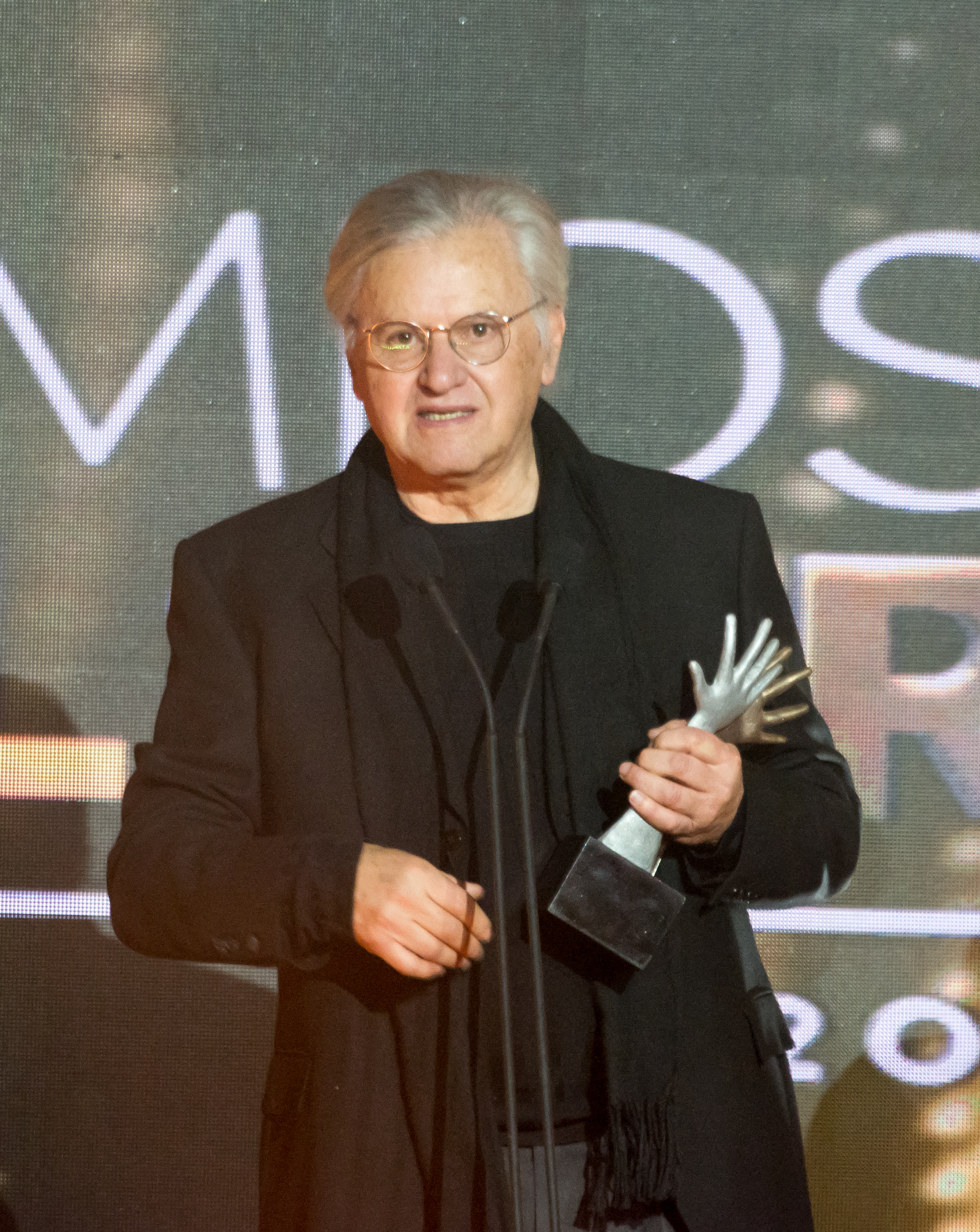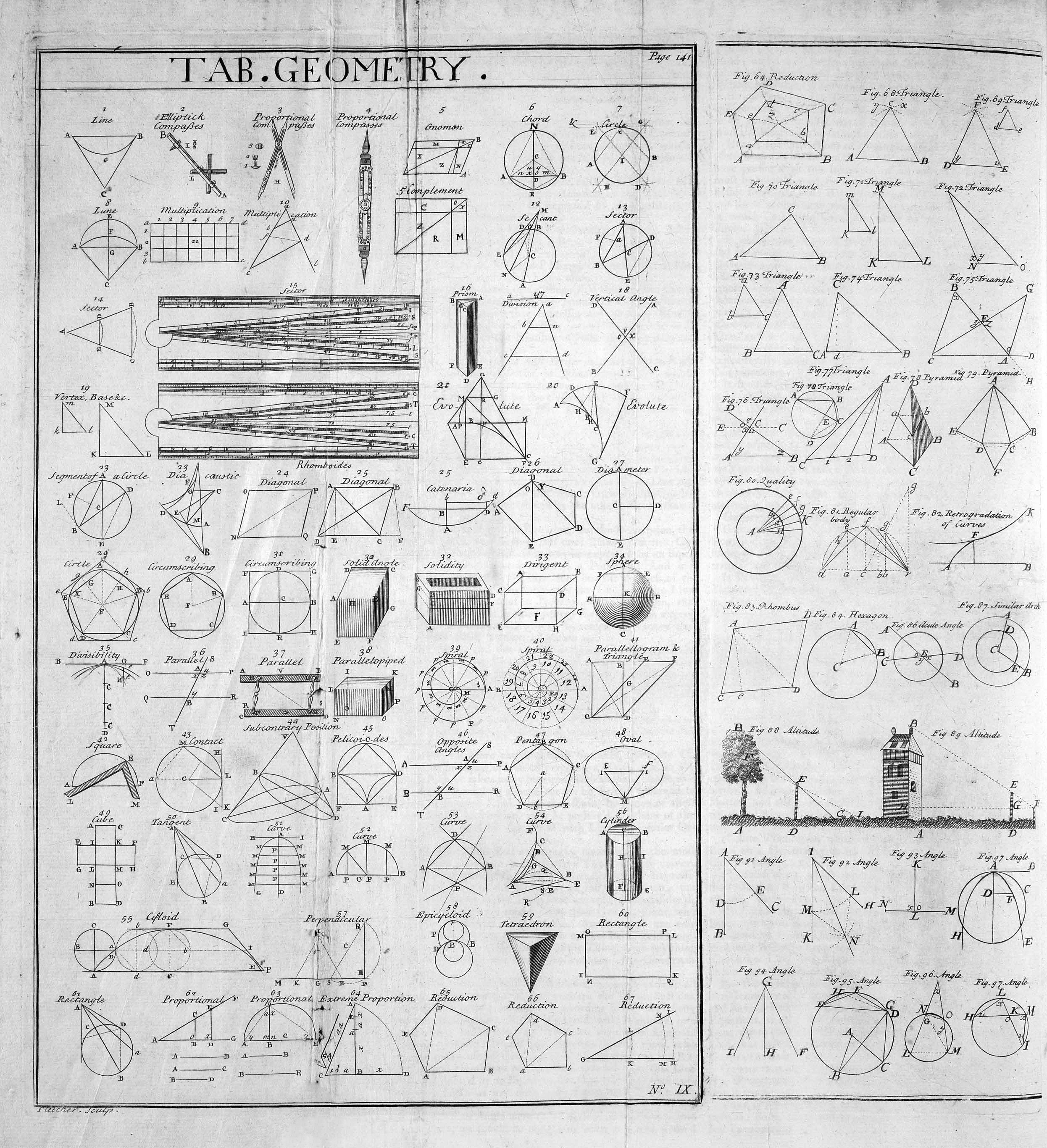|
Roberto Torretti
Roberto Torretti (February 15, 1930 - November 12, 2022) was a Chilean philosopher, author and academic who is internationally renowned for his contributions to the history of philosophy, philosophy of physics and philosophy of mathematics. Biography Torretti received a doctorate from the University of Freiburg under the supervision of Wilhelm Szilasi in 1954. Shortly after he began lecturing in philosophy and psychology at the Institute of Education of the University of Chile in Valparaíso. He also worked for the United Nations before commencing an academic career that lasted for more than forty years, during which he taught philosophy in the University of Puerto Rico and the University of Chile. Torretti was professor emeritus of the University of Puerto Rico, and a member of the ''Institut International de Philosophie''. In April 2005 Torretti was awarded an honorary doctorate by the Universitat Autonoma de Barcelona in Spain. Torretti resided in Santiago, Chile and was marr ... [...More Info...] [...Related Items...] OR: [Wikipedia] [Google] [Baidu] |
Western Philosophy
Western philosophy encompasses the philosophical thought and work of the Western world. Historically, the term refers to the philosophical thinking of Western culture, beginning with the ancient Greek philosophy of the pre-Socratics. The word ''philosophy'' itself originated from the Ancient Greek (φιλοσοφία), literally, "the love of wisdom" grc, φιλεῖν , "to love" and σοφία '' sophía'', "wisdom"). History Ancient The scope of ancient Western philosophy included the problems of philosophy as they are understood today; but it also included many other disciplines, such as pure mathematics and natural sciences such as physics, astronomy, and biology (Aristotle, for example, wrote on all of these topics). Pre-Socratics The pre-Socratic philosophers were interested in cosmology; the nature and origin of the universe, while rejecting mythical answers to such questions. They were specifically interested in the (the cause or first principle) of ... [...More Info...] [...Related Items...] OR: [Wikipedia] [Google] [Baidu] |
University Of Puerto Rico
The University of Puerto Rico ( es, Universidad de Puerto Rico, UPR) is the main public university system in the U.S. Commonwealth of Puerto Rico. It is a government-owned corporation with 11 campuses and approximately 58,000 students and 5,300 faculty members. UPR has the largest and most diverse academic offerings in the commonwealth, with 472 academic programs of which 32 lead to a doctorate. History In 1900, at Fajardo, the ''Escuela Normal Industrial'' (normal school) was established as the first higher education center in Puerto Rico. Its initial enrollment was 20 students and 5 professors. The following year it was moved to Río Piedras. On March 12, 1903, the legislature authorized founding of the University of Puerto Rico, and that day the "Escuela Normal" was proclaimed as its first department. In 1908, the Morrill-Nelson Act was extended to Puerto Rico, making the University a " Land Grant College," which authorizes the use of federal land to establish ... [...More Info...] [...Related Items...] OR: [Wikipedia] [Google] [Baidu] |
Chilean Philosophers
Chilean may refer to: * Something of, from, or related to Chile, a country in South America * Chilean people * Chilean Spanish * Chilean culture * Chilean cuisine * Chilean Americans See also *List of Chileans This is a list of Chileans who are famous or notable. Economists * Ricardo J. Caballero – MIT professor, Department of Economics * Sebastián Edwards – UCLA professor, former World Bank officer (1993–1996), prolific author and media per ... * {{disambig Language and nationality disambiguation pages ... [...More Info...] [...Related Items...] OR: [Wikipedia] [Google] [Baidu] |
1930 Births
Year 193 ( CXCIII) was a common year starting on Monday (link will display the full calendar) of the Julian calendar. At the time, it was known as the Year of the Consulship of Sosius and Ericius (or, less frequently, year 946 ''Ab urbe condita''). The denomination 193 for this year has been used since the early medieval period, when the Anno Domini calendar era became the prevalent method in Europe for naming years. Events By place Roman Empire * January 1 – Year of the Five Emperors: The Roman Senate chooses Publius Helvius Pertinax, against his will, to succeed the late Commodus as Emperor. Pertinax is forced to reorganize the handling of finances, which were wrecked under Commodus, to reestablish discipline in the Roman army, and to suspend the food programs established by Trajan, provoking the ire of the Praetorian Guard. * March 28 – Pertinax is assassinated by members of the Praetorian Guard, who storm the imperial palace. The Empire is a ... [...More Info...] [...Related Items...] OR: [Wikipedia] [Google] [Baidu] |
Eduardo Carrasco
Eduardo Guillermo Carrasco Pirard (born July 2, 1940 in Santiago) is a Chilean musician, university professor of philosophy, author, and one of the founders of the Chilean folk music group Quilapayún - and the group's musical director from 1969 to 1989. Biography Carraco studied at the elite José Victorino Lastarria Lyceum in Santiago and then entered the Pontificia Universidad Católica de Chile to study philosophy; he subsequently travelled to Germany to study at the Ruprecht Karl Universitat of Heidelberg. In 1964 he returned to Chile to continue his study of philosophy at the University of Chile and in 1965 he forms the musical ensemble Quilapayun with his brother Julio Carrasco and his friend Julio Numhauser. Carrasco completed his formal study of philosophy in April 1970 when he submitted a thesis on ''Friedrich Nietzsche and the Jews: Reflections on the misrepresentation of a thought''; he then commenced to study music at the National Conservatorium of the Universit ... [...More Info...] [...Related Items...] OR: [Wikipedia] [Google] [Baidu] |
Luis O
Luis is a given name. It is the Spanish form of the originally Germanic name or . Other Iberian Romance languages have comparable forms: (with an accent mark on the i) in Portuguese and Galician, in Aragonese and Catalan, while is archaic in Portugal, but common in Brazil. Origins The Germanic name (and its variants) is usually said to be composed of the words for "fame" () and "warrior" () and hence may be translated to ''famous warrior'' or "famous in battle". According to Dutch onomatologists however, it is more likely that the first stem was , meaning fame, which would give the meaning 'warrior for the gods' (or: 'warrior who captured stability') for the full name.J. van der Schaar, ''Woordenboek van voornamen'' (Prisma Voornamenboek), 4e druk 1990; see also thLodewijs in the Dutch given names database Modern forms of the name are the German name Ludwig and the Dutch form Lodewijk. and the other Iberian forms more closely resemble the French name Louis, a deriva ... [...More Info...] [...Related Items...] OR: [Wikipedia] [Google] [Baidu] |
Jesús Mosterín
Jesús Mosterín (24 September 1941 – 4 October 2017) was a leading Spanish philosopher and a thinker of broad spectrum, often at the frontier between science and philosophy. Biography He was born in Bilbao in 1941. He studied in Spain, Germany and the USA. Professor of Logic and Philosophy of Science at the University of Barcelona since 1983, he founded there an active Department of Logic, Philosophy and History of Science. Since 1996, he has been Research Professor at the National Research Council of Spain (CSIC). He is a fellow of the Center for Philosophy of Science in Pittsburgh and a member of several international academies. He has played a crucial role in the introduction of mathematical logic, analytical philosophy and philosophy of science in Spain and Latin America. Besides his academic duties, he has fulfilled important functions in the international publishing industry, especially in the Salvat and Hachette groups. He was actively involved in the protection of wildl ... [...More Info...] [...Related Items...] OR: [Wikipedia] [Google] [Baidu] |
Logic
Logic is the study of correct reasoning. It includes both formal and informal logic. Formal logic is the science of deductively valid inferences or of logical truths. It is a formal science investigating how conclusions follow from premises in a topic-neutral way. When used as a countable noun, the term "a logic" refers to a logical formal system that articulates a proof system. Formal logic contrasts with informal logic, which is associated with informal fallacies, critical thinking, and argumentation theory. While there is no general agreement on how formal and informal logic are to be distinguished, one prominent approach associates their difference with whether the studied arguments are expressed in formal or informal languages. Logic plays a central role in multiple fields, such as philosophy, mathematics, computer science, and linguistics. Logic studies arguments, which consist of a set of premises together with a conclusion. Premises and conclusions are usual ... [...More Info...] [...Related Items...] OR: [Wikipedia] [Google] [Baidu] |
History Of Geometry
Geometry (from the grc, γεωμετρία; ''geo-'' "earth", '' -metron'' "measurement") arose as the field of knowledge dealing with spatial relationships. Geometry was one of the two fields of pre-modern mathematics, the other being the study of numbers (arithmetic). Classic geometry was focused in compass and straightedge constructions. Geometry was revolutionized by Euclid, who introduced mathematical rigor and the axiomatic method still in use today. His book, '' The Elements'' is widely considered the most influential textbook of all time, and was known to all educated people in the West until the middle of the 20th century. In modern times, geometric concepts have been generalized to a high level of abstraction and complexity, and have been subjected to the methods of calculus and abstract algebra, so that many modern branches of the field are barely recognizable as the descendants of early geometry. (See Areas of mathematics and Algebraic geometry.) Early geometry The ... [...More Info...] [...Related Items...] OR: [Wikipedia] [Google] [Baidu] |
Theory Of Relativity
The theory of relativity usually encompasses two interrelated theories by Albert Einstein: special relativity and general relativity, proposed and published in 1905 and 1915, respectively. Special relativity applies to all physical phenomena in the absence of gravity. General relativity explains the law of gravitation and its relation to the forces of nature. It applies to the cosmological and astrophysical realm, including astronomy. The theory transformed theoretical physics and astronomy during the 20th century, superseding a 200-year-old theory of mechanics created primarily by Isaac Newton. It introduced concepts including 4-dimensional spacetime as a unified entity of space and time, relativity of simultaneity, kinematic and gravitational time dilation, and length contraction. In the field of physics, relativity improved the science of elementary particles and their fundamental interactions, along with ushering in the nuclear age. With relativity, cosmology and astro ... [...More Info...] [...Related Items...] OR: [Wikipedia] [Google] [Baidu] |
Roberto Torretti And Jesús Mosterín In 2004 In Santiago (Chile)
The name Robert is an ancient Germanic given name, from Proto-Germanic "fame" and "bright" (''Hrōþiberhtaz''). Compare Old Dutch ''Robrecht'' and Old High German ''Hrodebert'' (a compound of '' Hruod'' ( non, Hróðr) "fame, glory, honour, praise, renown" and ''berht'' "bright, light, shining"). It is the second most frequently used given name of ancient Germanic origin. It is also in use as a surname. Another commonly used form of the name is Rupert. After becoming widely used in Continental Europe it entered England in its Old French form ''Robert'', where an Old English cognate form (''Hrēodbēorht'', ''Hrodberht'', ''Hrēodbēorð'', ''Hrœdbœrð'', ''Hrœdberð'', ''Hrōðberχtŕ'') had existed before the Norman Conquest. The feminine version is Roberta. The Italian, Portuguese, and Spanish form is Roberto. Robert is also a common name in many Germanic languages, including English, German, Dutch, Norwegian, Swedish, Scots, Danish, and Icelandic. It can be use ... [...More Info...] [...Related Items...] OR: [Wikipedia] [Google] [Baidu] |
El Mercurio
''El Mercurio'' (known online as ''El Mercurio On-Line'', ''EMOL'') is a Chilean newspaper with editions in Valparaíso and Santiago. Its Santiago edition is considered the country's newspaper of record and it is considered the oldest daily in the Spanish language currently in circulation. ''El Mercurio'' is owned by El Mercurio S.A.P. (''Sociedad Anónima Periodística'' 'joint stock news company'), which operates a network of 19 regional dailies and 32 radio stations across the country. History The Valparaíso edition of ''El Mercurio'' was founded by Pedro Félix Vicuña ( Benjamín Vicuña Mackenna's father) on September 12, 1827, and was later acquired by Agustín Edwards Ross in 1880. The Santiago edition was founded by Agustín Edwards Mac Clure, son of Edwards Ross, on June 1, 1900. In 1942 Edwards Mac Clure died and his son Agustín Edwards Budge took over as president. When Edwards Budge died in 1956, his son, Agustín Edwards Eastman, took control of the company. ... [...More Info...] [...Related Items...] OR: [Wikipedia] [Google] [Baidu] |



.jpg)


